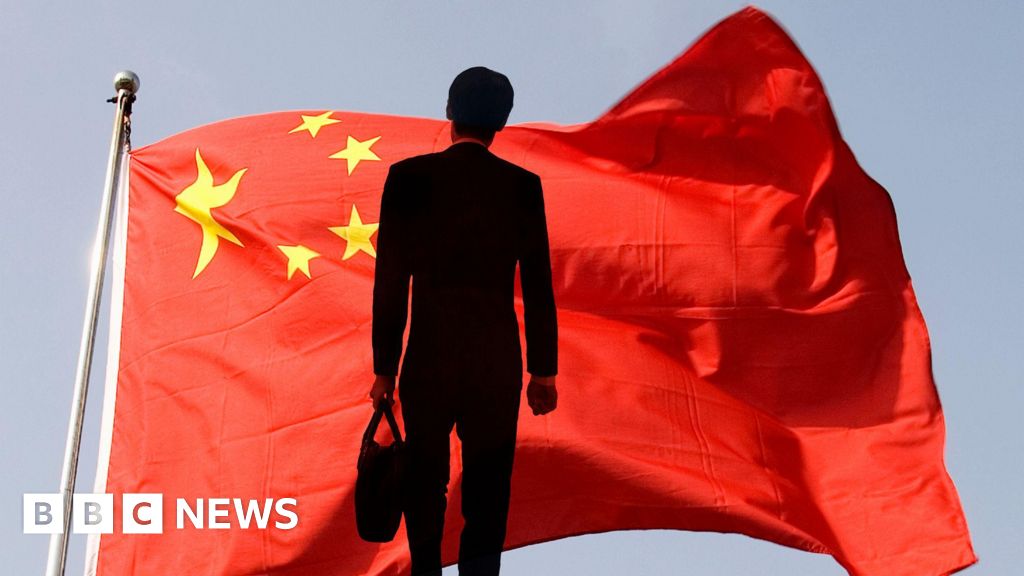Executives have stepped up sales of their shares in UK-listed companies ahead of this month’s Budget, as chancellor Rachel Reeves considers increasing capital gains tax in a bid to bolster public finances.
Since Britain’s July 4 election, directors of listed companies have sold shares at an average rate of £31mn a week, more than double the £14mn pace of the previous six months, regulatory filings show.
The total value of disposals since election day has reached around £440mn, according to the figures compiled by investment platform AJ Bell.
Government insiders have confirmed Reeves is weighing a CGT increase as part of a multibillion-pound effort to fill a hole in the public finances.
Some business owners are also speeding up plans to offload their companies altogether to avoid the potential CGT rise, according to a survey by wealth manager Evelyn Partners.
At present CGT rates on share disposals or the sales of businesses tend to range between 10 per cent and 20 per cent.
The chancellor said in an interview with the Financial Times last week that she would not do anything that might hit growth. “We are approaching it in a responsible way and we need to make sure we aren’t reducing investment into Britain,” she said.
On Monday, Reeves and Prime Minister Sir Keir Starmer will host a global investment summit in London, insisting that Britain is a great place to do business, but the shadow of a tax-raising Budget hangs over the event.
Several executives who have sold shares told the FT they took the decision due to fears about the October 30 Budget. They cited worries that a move to raise CGT could lead to further investor outflows.
“My sale was purely down to concerns about the CGT changes,” said one executive at a London-listed firm who sold shares in September. “The chancellor’s approach of leaving the whole economy in limbo over potential changes is not at all helpful.”
Another executive at a company quoted on London’s junior Aim market who also made disposals last month said they were worried changes in CGT could deter future investors. “People will be more reluctant to risk their capital,” they said.
The FTSE Aim All-Share index is down 3.5 per cent so far this year.

CGT, which raised £14.4bn in 2022-2023, is paid by about 350,000 people but just 12,000 of them account for two-thirds of the total intake.
The survey by Evelyn Partners also found that nearly a third of the 500 business owners who had fast-tracked their exit plans over the past year had done so because of concerns about a possible rise in CGT.
A fifth of the businesses said they were looking to accelerate an exit due to a potential cut in inheritance tax relief, which meant it could be more expensive to pass on a company to the next generation.
“People are running out of time to make these decisions ahead of the Budget and the risk is that they panic,” said Chris Etherington, partner at accounting firm RSM UK. “Everyone has October 29 as a hard deadline.”
Independent research published on Friday by the Centre for the Analysis of Taxation suggested a CGT overhaul could raise up to £14bn a year for the government.
The study looked at the possible effects of a comprehensive reform package that broadens the tax base and brings CGT rates into line with income tax.
Anna Leach, chief economist at the Institute of Directors, said businesses were concerned they would bear the brunt of tax changes after Labour ruled out rises for working people. “They have ruled out everybody else,” she said.
“Ambiguity around tax increases is hitting confidence and all the doom and gloom from government is making businesses ask whether the pain is worth it,” she added.
Portfolio managers and tax planners said that Labour’s silence ahead of a crunch fiscal event that will set the tone of the administration was leading clients to “fill the void”.
Laura Foll, a fund manager at Janus Henderson, added that the “information gap” about Labour’s plans, together with the government’s negative tone about public finances, had led investors to plan for a “worst-case scenario”.
The government says it needs to fill a £22bn “black hole” left by the previous Conservative administration.
In response to questions about the share sales, the Treasury said it was committed to encouraging companies to grow and list in the UK.
“The chancellor makes decisions on tax policy at fiscal events,” it added. “We do not comment on speculation around tax.”
Additional reporting by George Parker and Sam Fleming



































































































































You must be logged in to post a comment Login